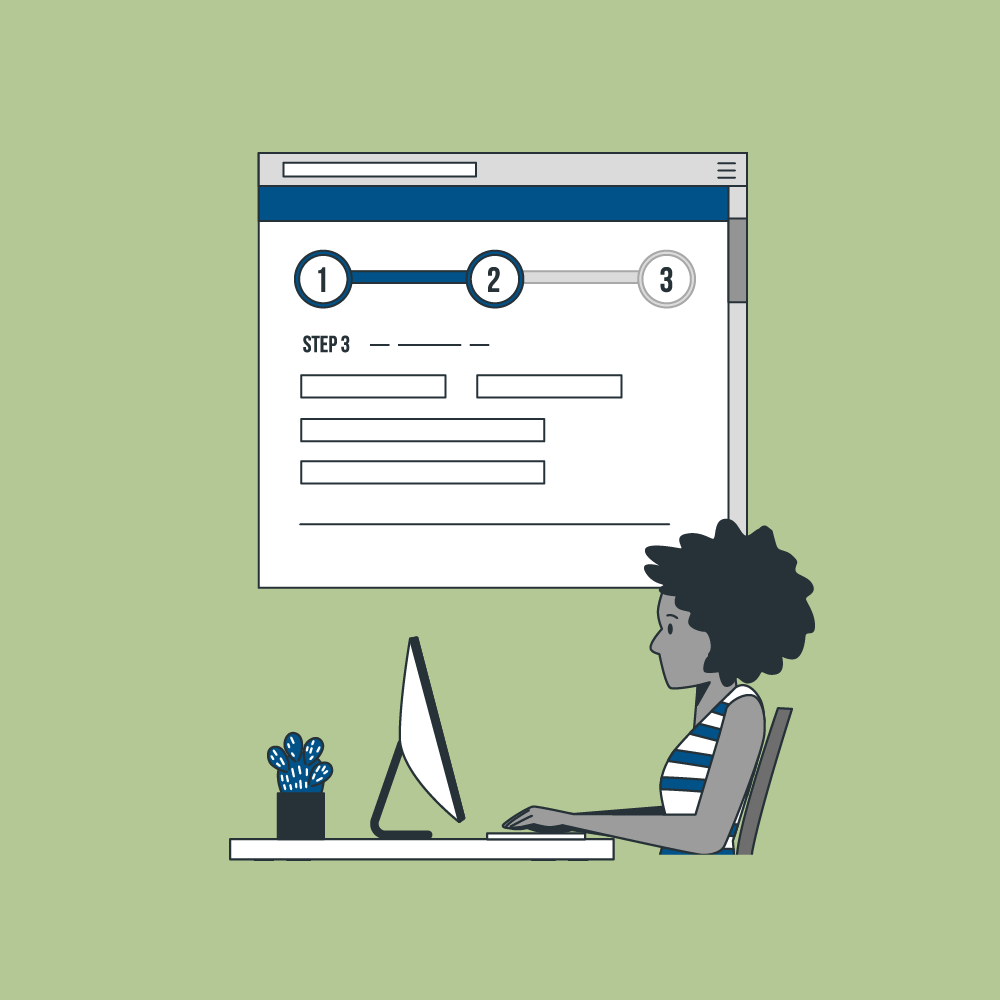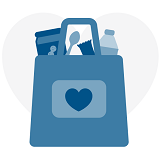FEMA may provide money and other services to help you recover from uninsured losses caused by a presidentially declared disaster, such as damage to your home, car, and other personal items.
Note: FEMA does not provide assistance for small businesses affected by a disaster. Our partner, the U.S. Small Business Administration (SBA), offers low interest loans for business damage. Also, we do not offer housing assistance for secondary or vacation homes, only for your primary residence.

Apply for FEMA Assistance
When you’re ready, apply for disaster assistance online, by phone at 1-800-621-3362 or in person at a Disaster Recovery Center.
You may qualify for FEMA disaster assistance even if you have insurance. You must file a claim with your insurance provider and submit the insurance settlement or denial letter to FEMA to determine your eligibility for some forms of assistance.
How FEMA Can Help You
Housing Assistance
- Rent: Money you can use to rent housing if you are displaced from your home because of the disaster.
- Lodging Expense Reimbursement: Money to reimburse you for emergency lodging expenses such as hotel or motel if you are displaced from your home because of the disaster.
- Home Repair or Replacement: Money to help you repair or replace your home damaged by the disaster.
- Accessibility Needs: Money to help survivors with a disability address specific repairs to ensure their home is accessible.
- Privately-owned Roads, Bridges, Docks: Money for survivors whose only access to their home has been damaged by the disaster.
- Hazard Mitigation: Money for specific measures to help eligible homeowners repair or rebuild stronger, more durable homes
For additional information about Housing Assistance, please visit Chapter 3, Section IV in the Individual Assistance Program and Policy Guide (IAPPG).
Other Needs Assistance

Serious Needs
Money is provided as an upfront, flexible payment per household for essential items like food, water, baby formula, breast feeding supplies, medication and other serious disaster-related needs.
NOTE: This is not a form of reimbursement for loss of power or replacing food. It is intended for emergency needs only.
- Displacement: Money you can use to stay in a hotel or motel, stay with family and friends, or for any other available housing options.
- Child care: Money to help you pay for new or increased child care expenses caused by the disaster.
- Clean and Sanitize: Money to help you clean and sanitize your home after a disaster to prevent additional loss and potential health or safety concerns.
- Personal Property: Money to help you repair or replace appliances, room furnishings, and a personal or family computer damaged by the disaster.
- Medical/Dental: Money to help you pay for expenses related to disaster-caused injuries or illnesses.
- Funeral: Money to help you pay for funeral or reburial expenses caused by the disaster.
- Group Flood Insurance Policy: Purchase of a flood insurance policy with three years coverage if your home is in a Special Flood Hazard Area, and you have flood damage caused by the disaster.
- Transportation: Money to help you repair or replace a vehicle damaged by the disaster if you need it for daily use.
For additional information about Other Needs Assistance, including Serious Needs Assistance, please visit Chapter 3, Section VI in the Individual Assistance Program and Policy Guide (IAPPG).
Other Programs for Disaster Survivors
Learn about several other programs designed to support disaster survivors offered by FEMA including mass care, crisis counseling, case management, legal services, and unemployment assistance.
Who May Receive FEMA Assistance
To receive assistance from FEMA, you must meet the following general conditions of eligibility.
- You must be a U.S. citizen, non-citizen national, or qualified alien.
- FEMA must be able to verify your identity.
- FEMA checks your identity using public records. You will be asked to provide proof if FEMA cannot verify your identity.
- Your insurance, or other forms of disaster assistance received, cannot meet their disaster-caused needs.
- Your necessary expenses and serious needs are directly caused by a declared disaster.
FEMA's Legal Requirements to Protect Federal Dollars
FEMA is required by law to ensure assistance is provided correctly, does not duplicate assistance available from other sources, is used for expenses related to the disaster, and is not obtained through fraudulent means.
The Payment Integrity Information Act of 2019 requires government agencies, including FEMA, to work to find and collect any payments made improperly because of fraud.
When you apply for FEMA disaster assistance, you are agreeing that all the information you provided is true. Your application is a legal document and the information you provide is made under penalty of perjury. This means it is against federal and state laws to make false statements or withhold information to obtain FEMA disaster assistance.
FEMA staff are required to report suspected fraud to the Department of Homeland Security Office of Inspector General (OIG). The OIG investigates potential fraud and refers cases to the Department of Justice for action, when warranted. FEMA may also take back disaster assistance obtained through fraudulent means.

